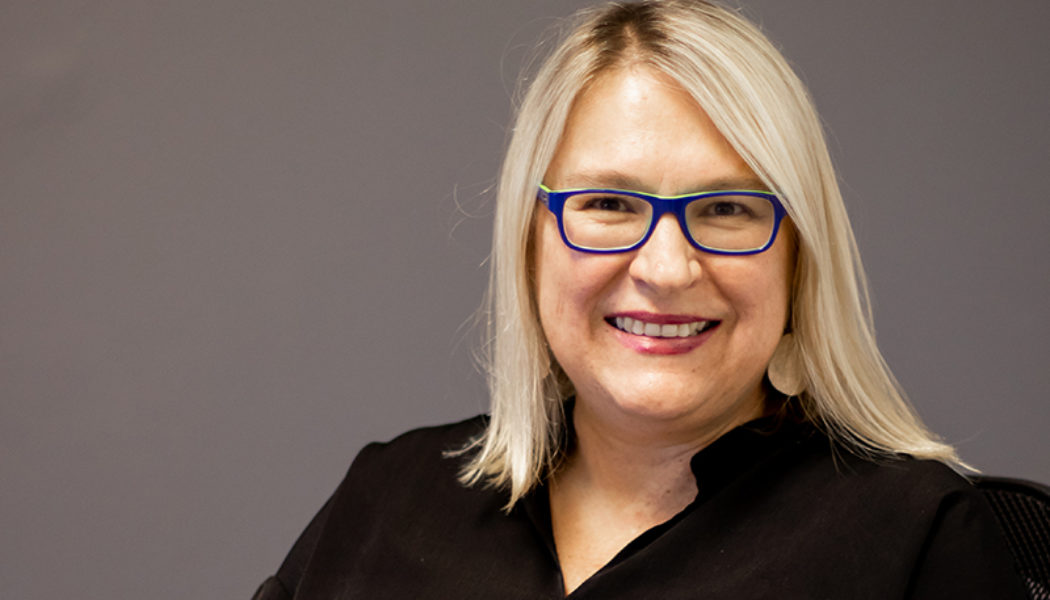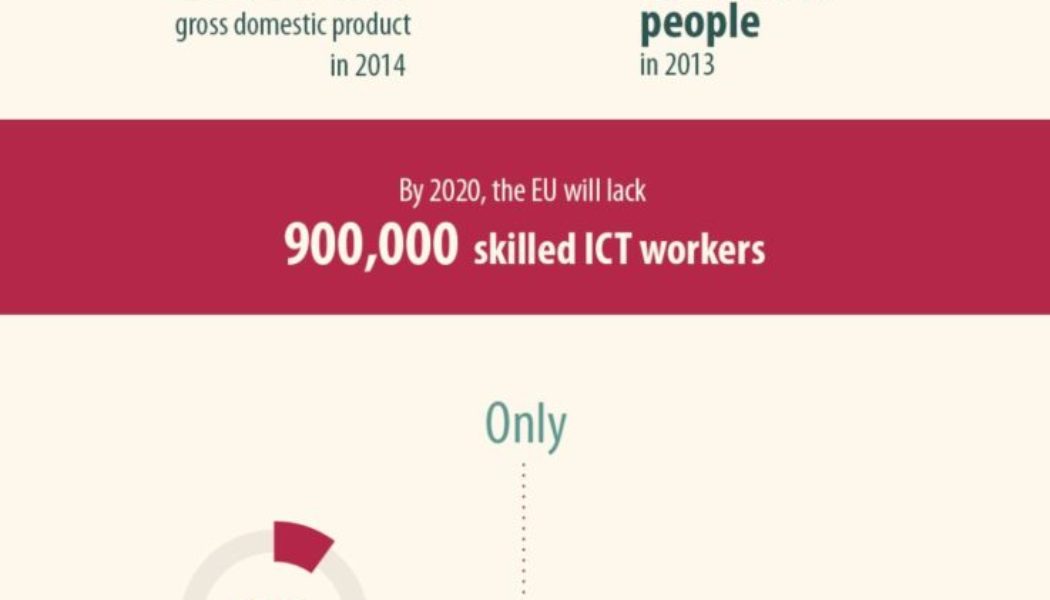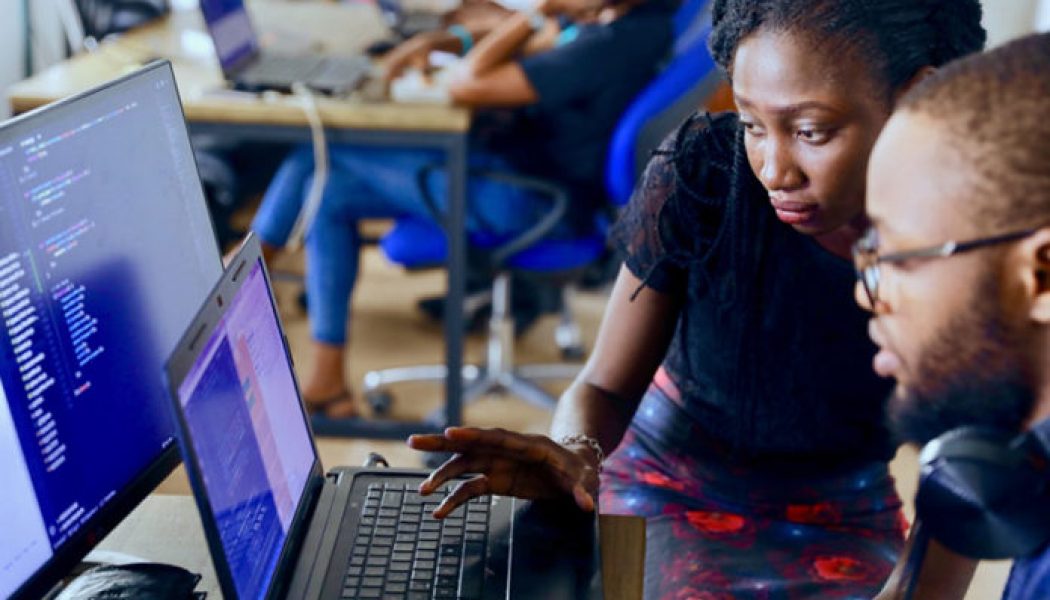Women in technology
Lindie Ferreira of Logicalis Talks Challenges for African Women in STEM
We use cookies on our website to give you the most relevant experience by remembering your preferences and repeat visits. By clicking “Accept All”, you consent to the use of ALL the cookies. However, you may visit “Cookie Settings” to provide a controlled consent. You Deserve to Make Money Even When you are looking for Dates Online. So we reimagined what a dating should be. It begins with giving you back power. Get to meet Beautiful people, chat and make money in the process. Earn rewards by chatting, sharing photos, blogging and help give users back their fair share of Internet revenue.
How Can We Empower More Women in Tech?
We use cookies on our website to give you the most relevant experience by remembering your preferences and repeat visits. By clicking “Accept All”, you consent to the use of ALL the cookies. However, you may visit “Cookie Settings” to provide a controlled consent. You Deserve to Make Money Even When you are looking for Dates Online. So we reimagined what a dating should be. It begins with giving you back power. Get to meet Beautiful people, chat and make money in the process. Earn rewards by chatting, sharing photos, blogging and help give users back their fair share of Internet revenue.
Why it’s Critical to Nurture Female Talent in Technology
Gender imbalance isn’t just another challenge that companies need to overcome, it could be considered one of the biggest obstacles facing the global tech sector today. This is something we’re seeing across many regions, including Sub-Saharan Africa. To start, the tech sector is facing a talent shortage problem: there aren’t enough professionals in the existing technology pipeline to fill the positions that are expected to open in the next decade. In fact, Korn Ferry estimates that by 2030, the global tech workforce will be short 4.3 million employees. Achieving greater gender diversity in the sector can help close this huge gap, tapping into the half of the population that has so far been left behind. The technology sector also thrives on innovation, which is driven by diverse thinking. As...
How Rwanda is Encouraging an Entire Generation of Women in Tech
Sourced from Women in Tech Africa. In 2020, Rwanda was the only African country ranked in the top 10 of the World Economic Forum’s Global Gender Gap Report. It ranked in the top four in the Report’s political empowerment category, in recognition of the high proportion of Rwandese women lawmakers and ministers. Rwanda, therefore, seemed a natural fit for a 2018 pilot programme of the African Development Bank’s Coding for Employment initiative, with Nigeria, Kenya, the Ivory Coast and Senegal. The Coding for Employment flagship programme is establishing 130 ICT centres for excellence in Africa, training 234,000 youths for employability and entrepreneurship to create over 9 million jobs. Hendrina C. Doroba, Manager in the Education, Human Capital and Employment Division at the Bank, explains ...







